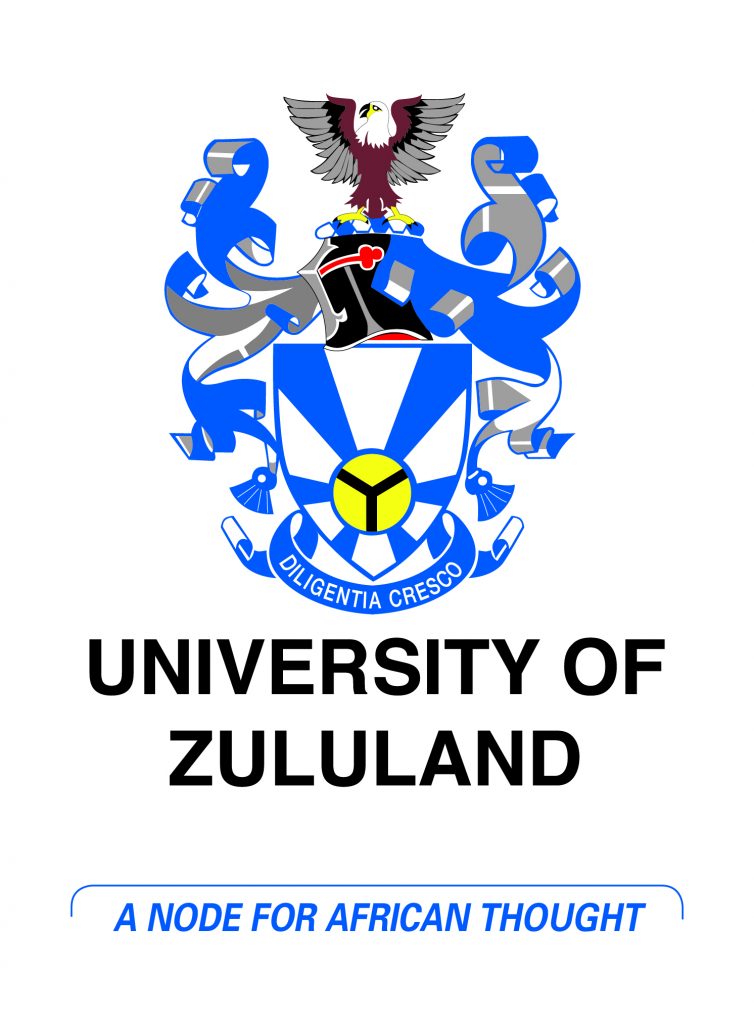Original Research
Ubuntu pedagogy – transforming educational practices in South Africa through an African philosophy: from theory to practice
Inkanyiso | Vol 13, No 1 | a9 |
DOI: https://doi.org/10.4102/ink.v13i1.9
| © 2022 Nomlaungelo Ngubane, Manyane Makua
| This work is licensed under CC Attribution 4.0
Submitted: 08 December 2022 | Published: 01 July 2021
Submitted: 08 December 2022 | Published: 01 July 2021
About the author(s)
Nomlaungelo Ngubane, Department of Academic Literacy, Faculty of Health and Management Sciences, Nelson Mandela University, South AfricaManyane Makua, Teaching & Learning Development Centre, Mangosuthu University of Technology, South Africa
Full Text:
PDF (183KB)Abstract
Education in South Africa, and Africa at large, has always been construed from Eurocentric perspectives despite Africa being rich with indigenous philosophies and knowledge systems such as the Ubuntu philosophy. In this paper, we bring forth the viability of Ubuntu pedagogy, which draws from the indigenous Ubuntu philosophy, for the promotion of co-existence, social cohesion and inclusivity in education. Drawing from the Collective Fingers Theory, we examine the extent to which the principles of Ubuntu philosophy can cultivate and restore African indigenous values and cultures in diverse educational settings. We draw from literature to position Ubuntu pedagogy within educational practices. Themes emerging from the subject literature are: Collective Fingers theory, Ubuntu philosophy, principles of Ubuntu pedagogy. As a transformative approach, Ubuntu pedagogy, when embraced with the understanding and dignity it deserves, has a potential not only for reconnecting students with their indigenous values, heritage and cultures, but it also has a capacity to cultivate Ubuntu social values of solidarity, co-existence, respect and cooperation among students. We recommend Ubuntu pedagogy as a transformative and decolonial approach that promotes inclusion and social justice. The paper provides principles that guide the possible and effective implementation of Ubuntu pedagogy in diverse educational settings and implications for practice. The paper contributes to the ongoing debates on the decolonisation of education and the role of Ubuntu philosophy in the restoration of African values in the South African education system.
Keywords
Ubuntu philosophy; Ubuntu pedagogy; Collective Fingers Theory; solidarity; coexistence; social justice
Metrics
Total abstract views: 771Total article views: 356
Crossref Citations
1. Medical students’ views on what professionalism means: an Ubuntu perspective
Mantoa Mokhachane, Lionel Green-Thompson, Ann George, Tasha Wyatt, Ayelet Kuper
Advances in Health Sciences Education year: 2023
doi: 10.1007/s10459-023-10280-5
